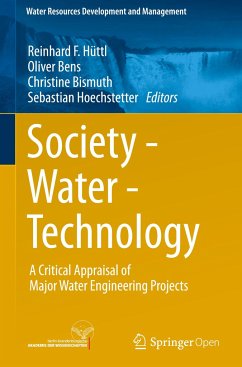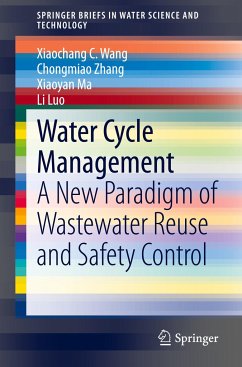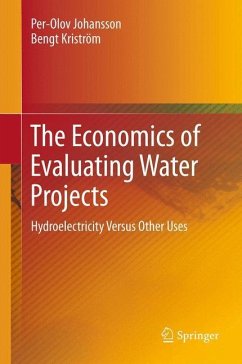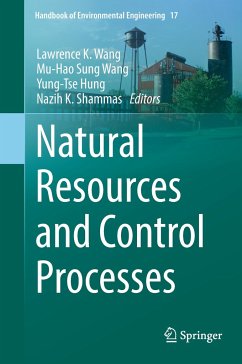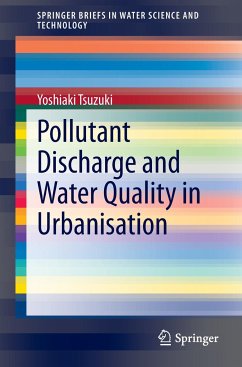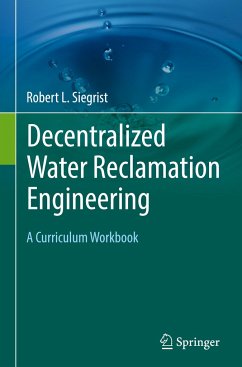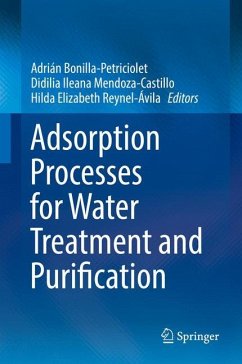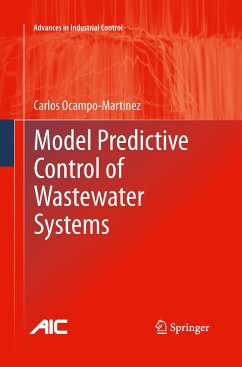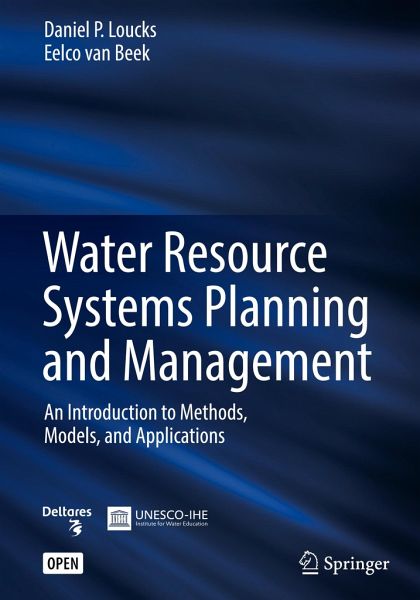
Water Resource Systems Planning and Management
An Introduction to Methods, Models, and Applications

PAYBACK Punkte
21 °P sammeln!
This book is open access under a CC BY-NC 4.0 license.This revised, updated textbook presents a systems approach to the planning, management, and operation of water resources infrastructure in the environment. Previously published in 2005 by UNESCO and Deltares (Delft Hydraulics at the time), this new edition, written again with contributions from Jery R. Stedinger, Jozef P. M. Dijkman, and Monique T. Villars, is aimed equally at students and professionals. It introduces readers to the concept of viewing issues involving water resources as a system of multiple interacting components and scales...
This book is open access under a CC BY-NC 4.0 license.
This revised, updated textbook presents a systems approach to the planning, management, and operation of water resources infrastructure in the environment. Previously published in 2005 by UNESCO and Deltares (Delft Hydraulics at the time), this new edition, written again with contributions from Jery R. Stedinger, Jozef P. M. Dijkman, and Monique T. Villars, is aimed equally at students and professionals. It introduces readers to the concept of viewing issues involving water resources as a system of multiple interacting components and scales. It offers guidelines for initiating and carrying out water resource system planning and management projects.
It introduces alternative optimization, simulation, and statistical methods useful for project identification, design, siting, operation and evaluation and for studying post-planning issues. The authors cover both basin-wide and urban water issues and present ways of identifying and evaluating alternatives for addressing multiple-purpose and multi-objective water quantity and quality management challenges. Reinforced with cases studies, exercises, and media supplements throughout, the text is ideal for upper-level undergraduate and graduate courses in water resource planning and management as well as for practicing planners and engineers in the field.
This revised, updated textbook presents a systems approach to the planning, management, and operation of water resources infrastructure in the environment. Previously published in 2005 by UNESCO and Deltares (Delft Hydraulics at the time), this new edition, written again with contributions from Jery R. Stedinger, Jozef P. M. Dijkman, and Monique T. Villars, is aimed equally at students and professionals. It introduces readers to the concept of viewing issues involving water resources as a system of multiple interacting components and scales. It offers guidelines for initiating and carrying out water resource system planning and management projects.
It introduces alternative optimization, simulation, and statistical methods useful for project identification, design, siting, operation and evaluation and for studying post-planning issues. The authors cover both basin-wide and urban water issues and present ways of identifying and evaluating alternatives for addressing multiple-purpose and multi-objective water quantity and quality management challenges. Reinforced with cases studies, exercises, and media supplements throughout, the text is ideal for upper-level undergraduate and graduate courses in water resource planning and management as well as for practicing planners and engineers in the field.




